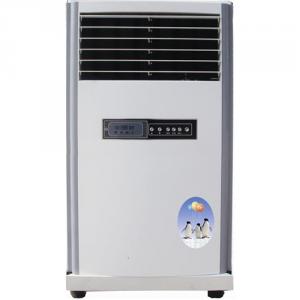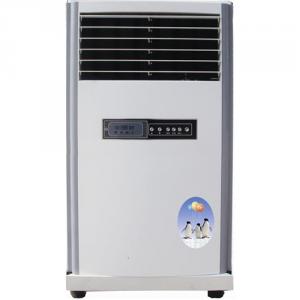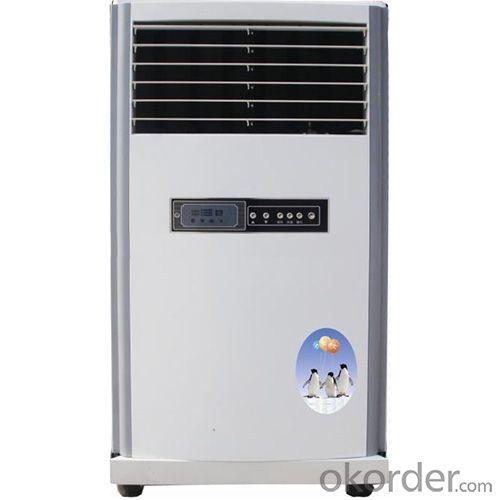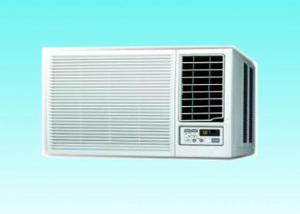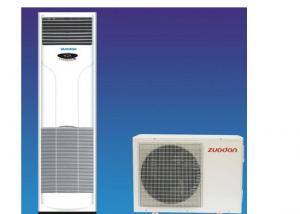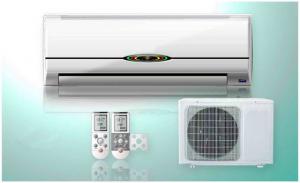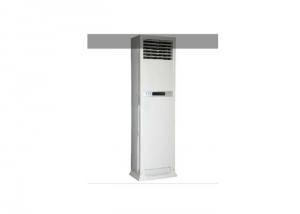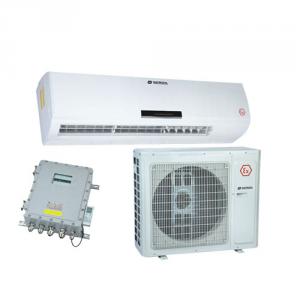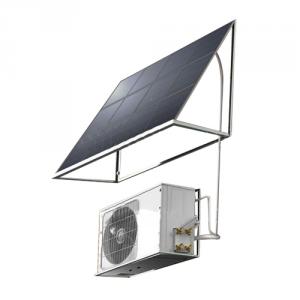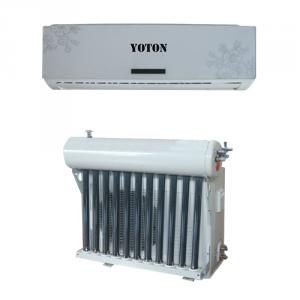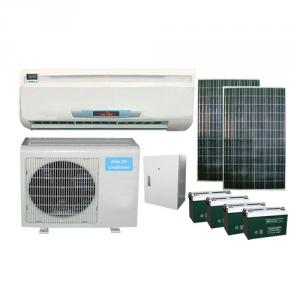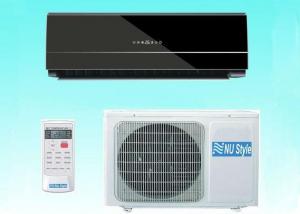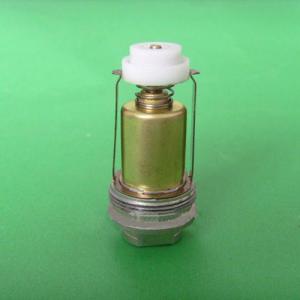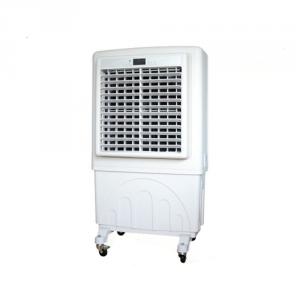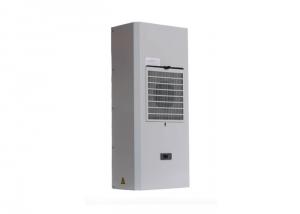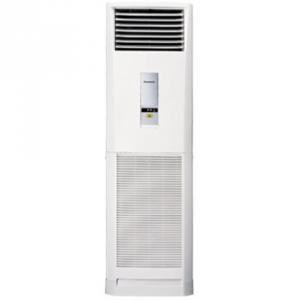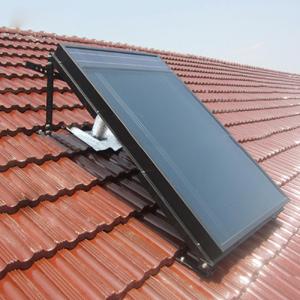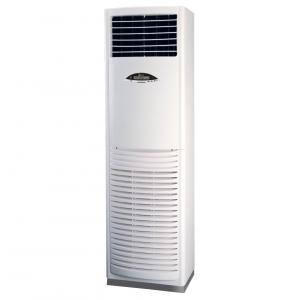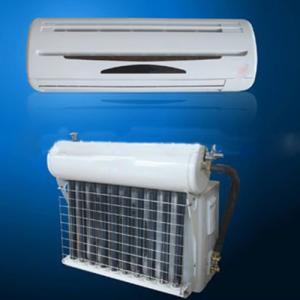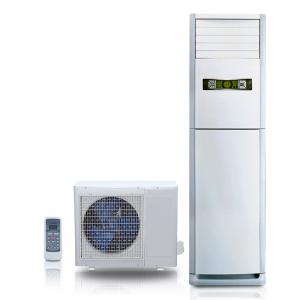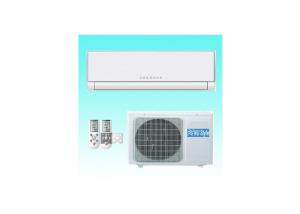Environment-protection Air Conditioner
- Loading Port:
- Shanghai
- Payment Terms:
- L/C,T/T
- Min Order Qty:
- 5 Sets set
- Supply Capability:
- 10 Sets per Day set/month
OKorder Service Pledge
OKorder Financial Service
You Might Also Like
specification | Zy-15 | Zy-25 | Zy-40 |
Voltage/frequency(v/hz) | 220/50 | 220/50 | 220/50 |
Power(hp) | 1/7 | 1/6 | 1/3 |
Air volume(m3/h) | 1500 | 2500 | 4000 |
Air blower type | centrifugal | centrifugal | centrifugal |
Noise(db) | ≤50 | ≤50 | ≤50 |
Air outlet size(mm) | 460*260 | 460*260 | 390*290 |
Water consumption(L/h) | 2-4 | 3-5 | 8-10 |
Reservoir water(L) | 25 | 25 | 30 |
Outer size | 600*340*1250 | 600*300*1900 | 750*750*830 |
Suitable area(m2) | 15-25 | 25-35 | 35-45 |
Weight(kg) | 20 | 25 | 35 |
|
|
|
|
Environmental protection:
The evaporation air conditioning units do not use any refrigerants and only consume their own energy, water and electricity. These are simple devices using natural processes.
Economy:
The investment and operating costs are much lower than with the installation of conventional air conditioning.
Efficiency:
The hotter and drier the intake air, the greater the reduction in temperature.
Purification of ambient air:
100% fresh air is taken from outside before being distributed in the factory. Fresh air is constantly being circulated.
Comfort:
The reduction in temperature and improvement in relative humidity provides comfort for people. Furthermore the evaporation air conditioning units have low energy consumption and are very quiet.
FAQ
Q1:Why is it important to use home air conditioner filters?
A:Without them you can clog up vital parts of the heating or cooling components that can be difficult to clean out and can cause severe damage that will be much more expensive to repair than the inconvenience of replacing a filter once a month.
Q2:What is VRF Air Conditioning System?
A:VRF air-conditioning systems owe their growing popularity to their ability to meet a wide range of requirements.
- Q: A few years general air conditioning warranty?
- Air conditioning (Korean) machine, 1 year major parts for 3 years, main components including compressor, fan motor, thermostat Commercial air conditioning machine for two years, main components of 3 years, main components including compressor Air conditioning (suzhou) machine for 3 years, the main parts for 5 years, the main components including the compressor (5 years) Air conditioning (Korean) remote control (1 year product purchase the door repair for 15 days, 15 days to send) Air conditioning (suzhou) remote control (1 year product purchase the door repair for 15 days, 15 days to send)
- Q: What is the difference between Marine air conditioning and home air conditioning?
- Main difference in heat dissipation, car and home air conditioning by air, Marine air conditioning by water. As long as there is enough to install your ship and heat dissipation space, Ann can be what kind of air conditioning degree, may be only the difference between the durability and price.
- Q: Can air conditioners be used in commercial buildings?
- Yes, air conditioners can definitely be used in commercial buildings. In fact, they are commonly used in a variety of commercial settings such as offices, retail stores, restaurants, hotels, hospitals, and many others. Air conditioning systems are essential in maintaining a comfortable and healthy indoor environment for employees, customers, and clients. They help regulate temperature, control humidity levels, improve air quality, and provide a pleasant and productive atmosphere. In commercial buildings, air conditioners are often installed as central systems that can cool large areas or as individual units for smaller spaces. Additionally, commercial air conditioning systems are designed to be more robust and durable to handle the higher demands and continuous operation required in commercial settings.
- Q: Can an air conditioner be used in a conservatory?
- Certainly, a conservatory can indeed utilize an air conditioner. As a matter of fact, it is quite customary to incorporate air conditioning systems in conservatories to uphold a comfortable temperature during scorching summer months. The air conditioner effectively regulates the temperature and moisture levels, thus creating a more pleasant and enjoyable environment for year-round use. Furthermore, the air conditioner aids in preventing the accumulation of condensation on windows and furniture, a prevalent concern in conservatories. Ensuring that the air conditioning unit is appropriately sized for the conservatory and professionally installed is paramount to achieving optimal performance and energy efficiency.
- Q: 100 square with a few of the air conditioning
- Two sets of 5 machines, or 1 to 10 machines, gree store there. The price is in 20000 yuan.
- Q: Can I install an air conditioner in a mobile home?
- Yes, you can install an air conditioner in a mobile home. Mobile homes typically have pre-installed air conditioning systems or can accommodate window or portable air conditioners. It is important to ensure that the chosen air conditioner is compatible with the mobile home's electrical system and structural requirements.
- Q: Can I use an air conditioner in a room with pets?
- Using an air conditioner in a room with pets is indeed possible and can be beneficial for both humans and animals. Air conditioners play a crucial role in maintaining a comfortable environment by regulating temperature and humidity levels. This becomes especially important during hot and humid seasons when pets are prone to overheating. However, it is necessary to consider a few factors to ensure the well-being of your furry friends. Firstly, you should make sure to set the temperature at a level that is comfortable for them. Since different pets have varying temperature preferences, it is essential to observe their behavior and make necessary adjustments. Additionally, it is important to keep in mind that air conditioning can cause dryness in the air, which might affect your pets' skin and respiratory health. To counteract this, you can use a humidifier or provide them with sufficient water sources to keep them hydrated. Lastly, it is crucial to be mindful of any noise the air conditioner may produce, as it might make some pets uncomfortable or distressed. Overall, with proper consideration and monitoring, using an air conditioner in a room with pets can create a pleasant and comfortable atmosphere for everyone.
- Q: A typical household air conditioner how much is the normal work of electric current
- If it is haier frequency converter, with the loss of the indoor temperature, the compressor and the working power of the fan will decline gradually, then the working current of air conditioning, will be less than 7.2 A. (to around 1.5 A) to A minimum.
- Q: Can I use my air conditioner as a heater during the winter?
- No, air conditioners are designed to cool the air and not to generate heat.
- Q: Household central air conditioner and what is the difference between ordinary household air conditioning?
- Install the concise Household central air-conditioning installation, up to just install a host on the balcony, some larger than ordinary household air conditioning host, covers an area of more than 1 square meters), the various vents can be installed in the room, household central air conditioner less vulnerable parts, long service life. Ordinary fission air conditioning:
Send your message to us
Environment-protection Air Conditioner
- Loading Port:
- Shanghai
- Payment Terms:
- L/C,T/T
- Min Order Qty:
- 5 Sets set
- Supply Capability:
- 10 Sets per Day set/month
OKorder Service Pledge
OKorder Financial Service
Similar products
Hot products
Hot Searches
Related keywords
